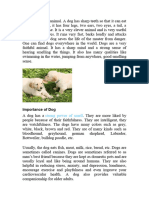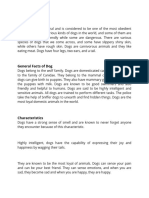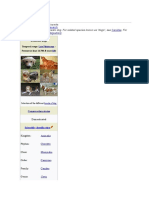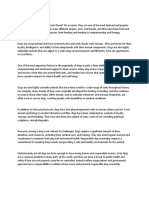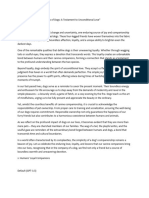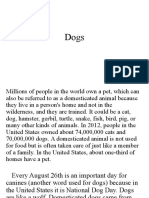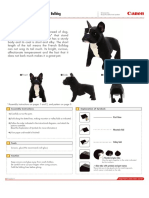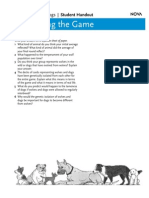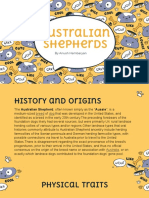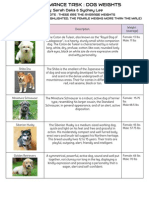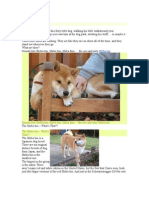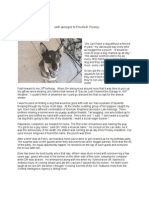0% found this document useful (0 votes)
17 views2 pagesDogs
Dogs, known as 'man’s best friend,' are domesticated mammals that evolved from wolves over 15,000 years ago. They serve various roles in society, including working as service animals, hunting companions, and emotional support providers, while also requiring responsible care from their owners. Their deep bond with humans is celebrated in culture, showcasing their loyalty and companionship.
Uploaded by
amena562crashCopyright
© © All Rights Reserved
We take content rights seriously. If you suspect this is your content, claim it here.
Available Formats
Download as DOCX, PDF, TXT or read online on Scribd
0% found this document useful (0 votes)
17 views2 pagesDogs
Dogs, known as 'man’s best friend,' are domesticated mammals that evolved from wolves over 15,000 years ago. They serve various roles in society, including working as service animals, hunting companions, and emotional support providers, while also requiring responsible care from their owners. Their deep bond with humans is celebrated in culture, showcasing their loyalty and companionship.
Uploaded by
amena562crashCopyright
© © All Rights Reserved
We take content rights seriously. If you suspect this is your content, claim it here.
Available Formats
Download as DOCX, PDF, TXT or read online on Scribd
/ 2




























